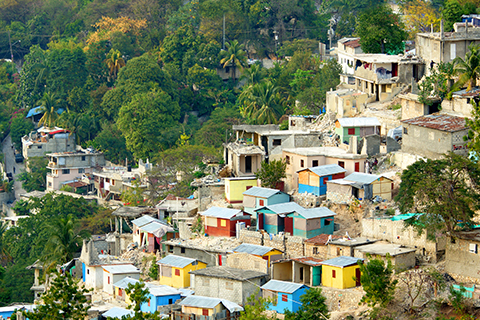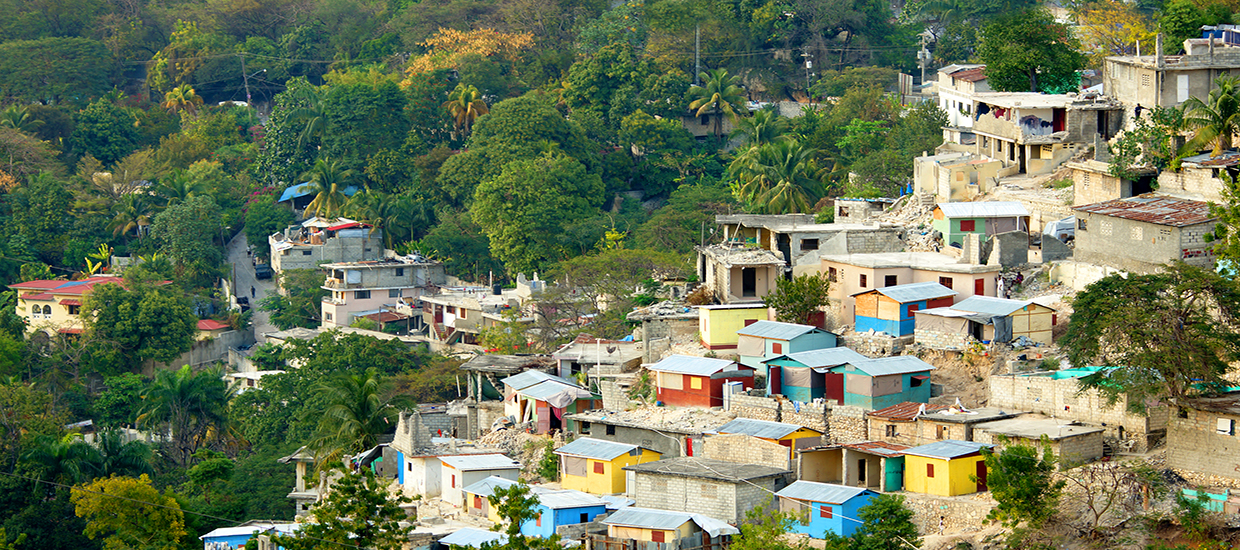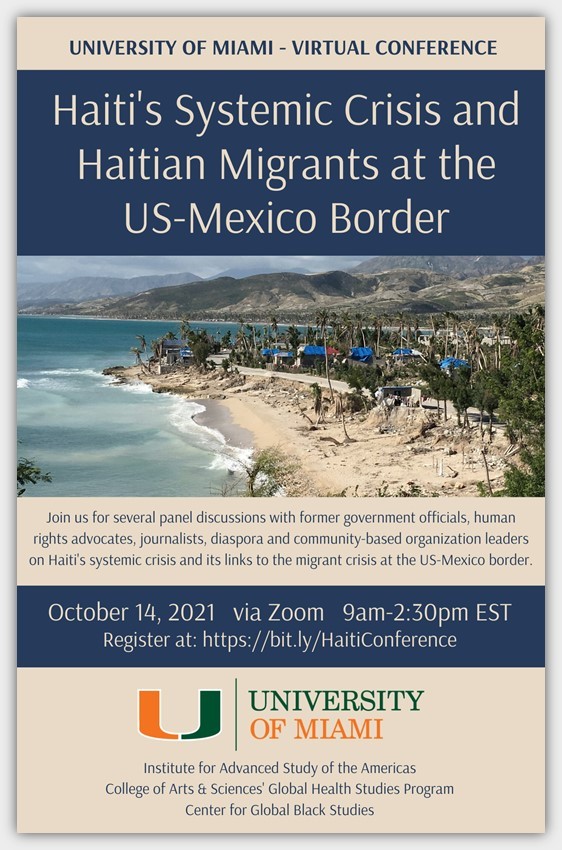By: Louis Herns Marcelin, Hugues Foucault, Calixte Clérismé, Karen Jacobsen and Anastasia Marshak
The Haiti Action Plan developed by the government of Haiti in 2010 clearly states the importance of reducing the vulnerability of people living in the risk zones through disaster risk reduction and crisis management measures at a national, departmental, and local level (Government of the Republic of Haiti, 2010). In support of this Plan, our research sought to identify how low-income households in areas with diverse risk exposure have responded to the multi-hazard environment, and which enabling factors have influenced their decision making around financial resilience. By identifying coping strategies at the household and community levels, and the bottlenecks and facilitators of recovery, programming opportunities can be identified to support post-disaster recovery and mitigation of future crises.
Click here to view the article.






